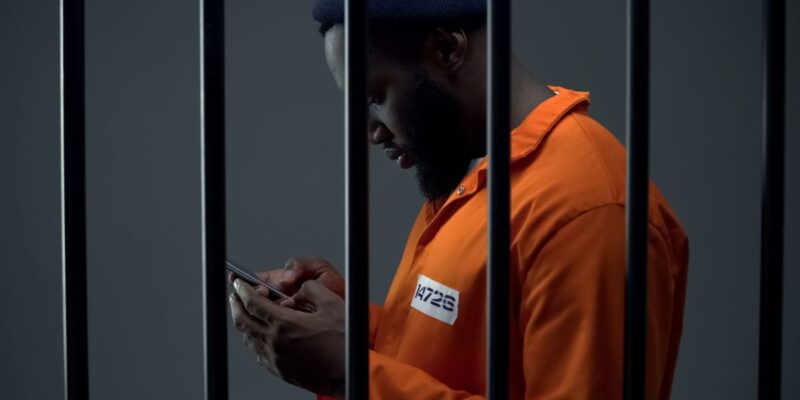South Africa’s Correctional Services Minister, Pieter Groenewald, has announced a pilot project to deploy advanced signal-jamming technology in select high-priority prisons. The initiative aims to curb the rampant use of illegal cell phones by inmates, which has facilitated ongoing criminal activities—including fraud, extortion, and even high-profile prison escapes like that of convicted murderer and rapist Thabo Bester.
Groenewald highlighted the financial constraints facing his department but emphasised that security cannot be compromised.
“In correctional services, you have certain legislation and requirements you have to comply with, because it’s actually part of the criminal justice system,” the minister said.
“You cannot compromise on security. You need certain technical equipment, but it is costing quite a lot of money.”
By Gamuchirai Mapako
Illegal cell phones in South African prisons have long been a major security concern. Inmates use them to coordinate crimes both inside and outside prison walls, run scams, and even intimidate witnesses. Traditional signal blockers have been ineffective because they disrupt communication for surrounding communities, making them legally and practically unviable.
“Yes, there are many cellphones in our facilities, and people ask: well, why don’t you use a signal blocker?” he said.
“The problem is the old type of signal blockers, if you use that, it also affects the surrounding community. So you cannot use them.”
The new technology being tested can precisely target prison boundaries without interfering with outside networks. However, the cost remains a significant hurdle.
“We are now busy with a pilot project, rolling out to some priority prisons,” Groenewald said. “We must do something because quite a lot of crime is still continuing from our prisons. We have to deal with that.”
The urgency of this initiative was underscored by the infamous Thabo Bester prison escape in May 2022. Bester, a convicted rapist and murderer, faked his own death in a staged cell fire at the Mangaung Correctional Centre, a facility privately managed by security firm G4S before escaping with the help of accomplices, including his lover, Dr. Nandipha Magudumana.
Investigations revealed that Bester had been running a fraudulent media empire, 21st Century Media, from behind bars, using smuggled cell phones to communicate with associates. Despite repeated confiscations, guards kept finding contraband devices in his cell.
Bester’s case is not isolated. South African prisons have become hotspots for cybercrime, with inmates using smuggled phones to orchestrate scams, blackmail, and even social media fraud.
In 2018, Bester’s 21st Century Media falsely advertised high-profile actresses as guest speakers for an event, only for the celebrities to publicly deny involvement. The company’s sole director, Phumudzo Thenga, later claimed Bester had scammed her.
The pilot signal-jamming project is part of broader efforts to modernise prison security. If successful, the technology could be expanded to other facilities. However, experts warn that technology alone is not enough corruption within correctional services must also be addressed.
For this to work, the government has to ensure that prison officials are not complicit in smuggling.
As the pilot project progresses, the Department of Correctional Services faces mounting pressure to prove it can secure the country’s prisons and prevent another scandal like the Thabo Bester saga.














Comments